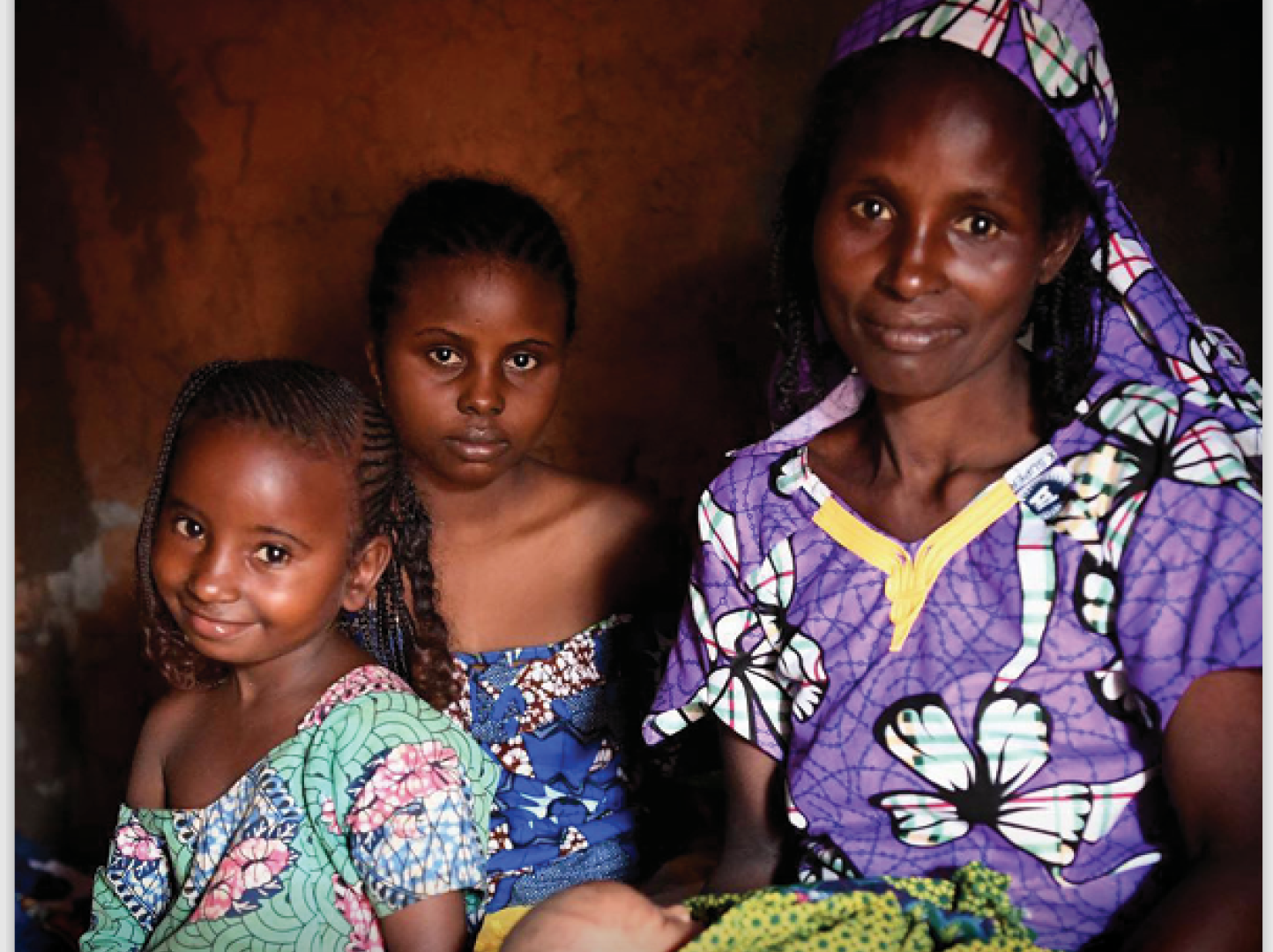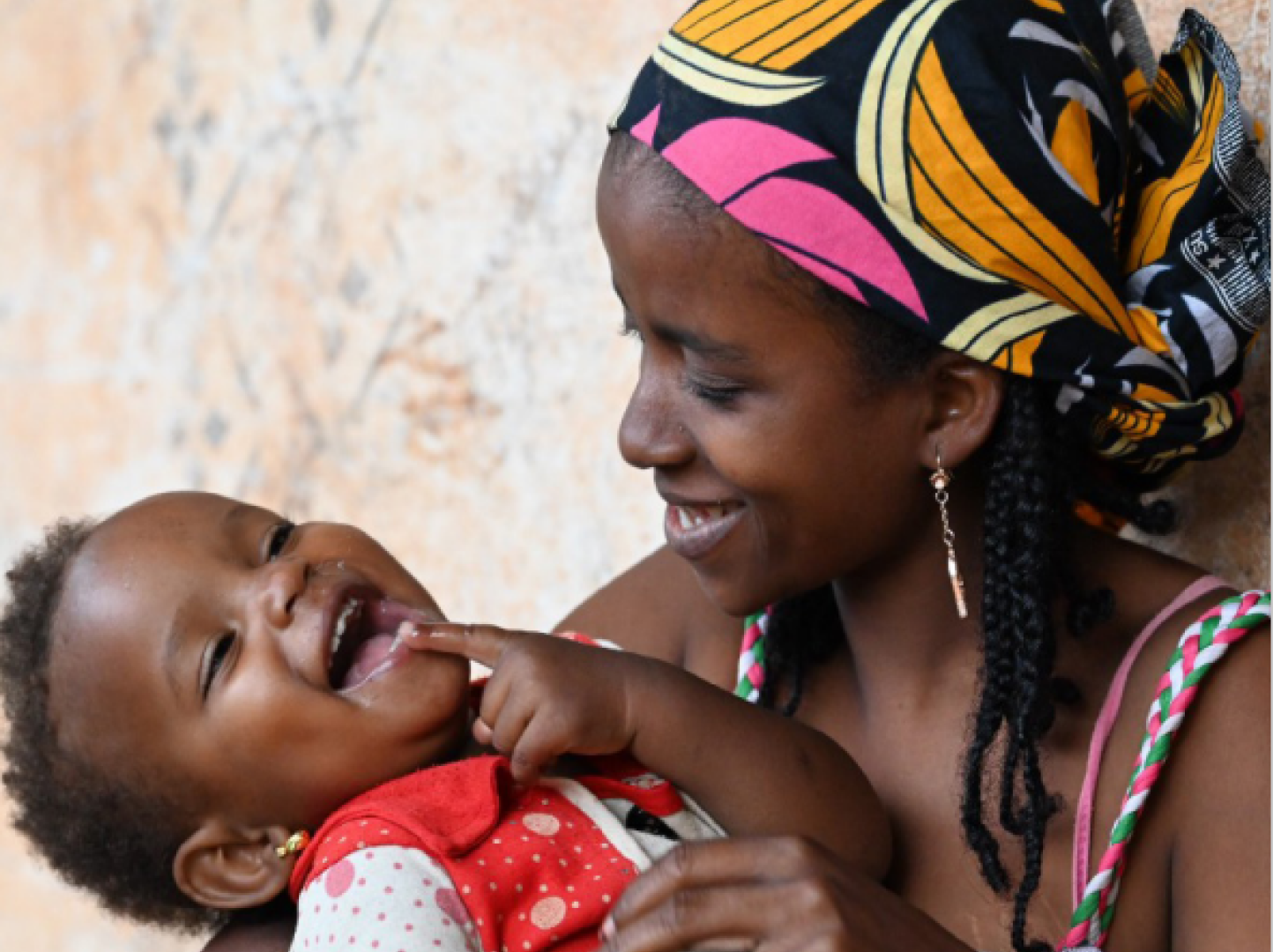2021 UN COUNTRY ANNUAL RESULTS REPORT CAMEROON, December 2021
The 2021 UN Cameroon’s Country Results Report offers a bird’s eye view of the activities carried out by the United Nations System in Cameroon, in collaboration with the Government and partners. It highlights results and shows how the country works to achieve the Sustainable Development Goals (SDG) and the 2030 Agenda. This report emphasizes the results obtained during the last year of the United Nations Development Assistance Framework (UNDAF) 2018-2021, highlighting significant achievements throughout the country’s ten regions in 2021. 2021 was an exceptional year, as the UN Sustainable Development Cooperation Framework (UNSDCF) 2022- 2026 was finalized and signed on 16 September 2021.
This Cooperation Framework opens a new era of collaboration between the Government of Cameroon and the UN system. It embodies the UN’s collective engagement to support Cameroon in achieving the SDGs. The Cooperation framework will drive all the joint efforts of the Government of Cameroon and the UN, from strategic planning to implementation to monitoring, learning, reporting, and evaluation. This framework results from the close collaboration among the UN, the Government of Cameroon, and partners, including the civil society and the private sector. 2021 was also a challenging year with new variants of COVID-19, which continued to affect and disrupt the Cameroonian economy and deepened the existing vulnerabilities in the society.
As a response to the COVID-19 pandemic, the United Nations supported the Government in accessing vaccines through the COVAX initiative. It also continued contributing to the reinforcement and protection of the health services and systems, social protection and basic services, including employment and small and medium-sized enterprises. Apart from COVID-19, Cameroon remained affected by significant levels of forced displacement and many vulnerable people are still in need of humanitarian assistance. For instance, Cameroon currently hosts more than 116,000 Nigerian refugees in the Far North region, affected by the Boko Haram crisis. In addition, over 320,000 refugees have fled the conflict from the Central African Republic into the East Region. These populations, including internally displaced persons (IDPs) and refugees, are a major priority for the Government of Cameroon. Therefore, the UN contributed to strengthening social cohesion, community resilience, macroeconomic response, and multilateral collaboration. The humanitarian-development-peace nexus approach adopted in Cameroon aims to respond to immediate needs while addressing the risks, the root causes of the crises, and the vulnerabilities of affected populations.
We are looking forward to yet another year working hand in hand with extraordinary men and women, finding solutions and tackling new challenges to support this country. We strive to foster the transformative change called for under the 2030 Agenda with all stakeholders and development partners. On behalf of the United Nations system in Cameroon, I would like to express my gratitude to the Government, international organizations, technical and financial partners and the civil society for their fruitful cooperation and commitment; and reiterate our determination to mobilize more resources through various contributions to achieve together, in a spirit of strong and fruitful partnership, the SDGs in Cameroon for the well-being of Cameroonians.
Matthias Z. NAAB
UN Cameroon, Resident Coordinator





















